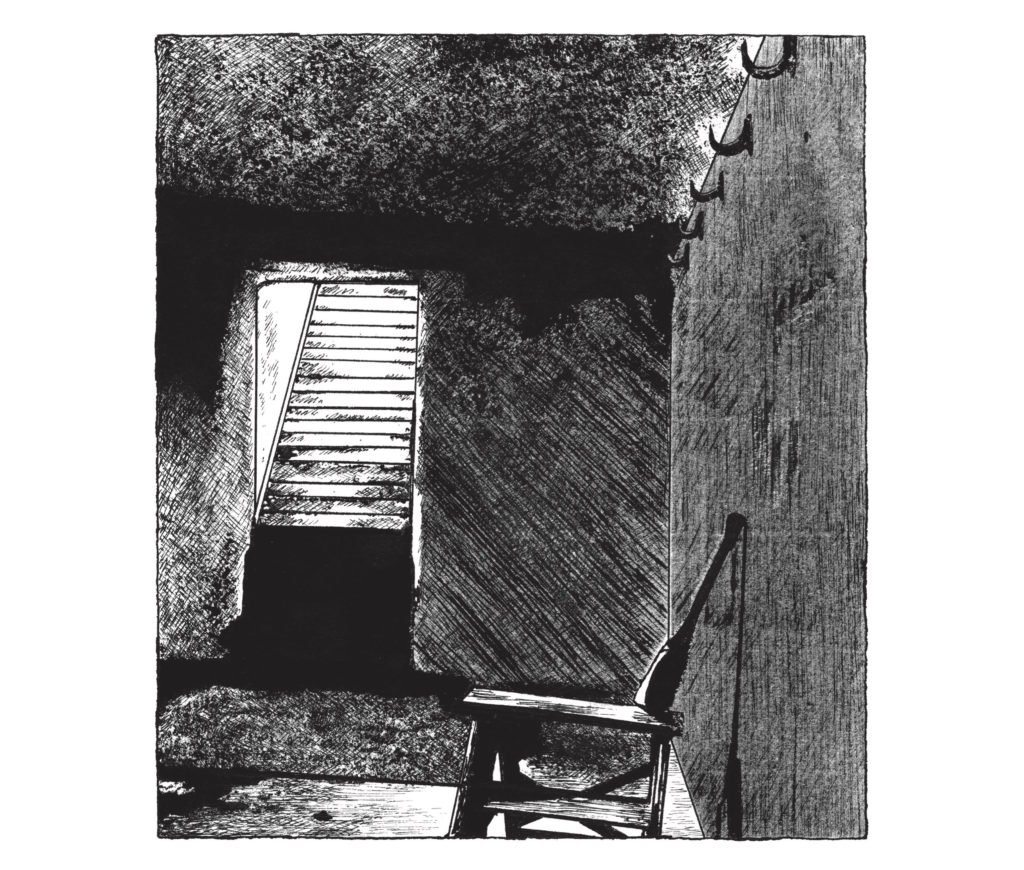On Wednesday,cat3movie people in the Western part of the United States will get the chance to see the moon in a special light.
The lunar surface will be cast in a ghostly red pallor as the Earth's dark shadow moves across it.
This total lunar eclipse will occur as the moon reaches its closest point to Earth in its elliptical orbit, making it a "super blood moon." But that's not all.
SEE ALSO: What the hell is the 'super blue blood moon' anyway?This is also the second full moon in the month of January, colloquially known as a blue moon.
People in the Western parts of North America will have a great chance to see this "super blue blood moon" live and in person, but you can still check out the special moon even if you aren't lucky enough to live on the left coast.
NASA will air a live feed of the total lunar eclipse starting at 5:30 a.m. ET on Jan. 31, showing off the lunar body as it dips into Earth's shadow.
You can watch the live webcast in the window below.
"Weather permitting, the NASA TV broadcast will feature views from the varying vantage points of telescopes at NASA’s Armstrong Flight Research Center in Edwards, California; Griffith Observatory in Los Angeles; and the University of Arizona’s Mt. Lemmon SkyCenter Observatory," NASA said in a statement.
Slooh will also host a live feed of the super blue blood moon starting at 5:45 a.m. ET on Wednesday. You can watch it live via Slooh.
There's still a chance that people on the East Coast will be able to see at least a little bit of the eclipse on Wednesday morning.
The moon will dip into Earth's shadow starting at 5:51 a.m. ET, but it won't exactly be noticeable until about 6:48 a.m. ET, when the moon enters the deeper part of the Earth's shadow.
“So your best opportunity if you live in the East is to head outside about 6:45 a.m. and get to a high place to watch the start of the eclipse — make sure you have a clear line of sight to the horizon in the west-northwest, opposite from where the Sun will rise,” NASA's Gordon Johnston said in a statement.
The Wednesday total lunar eclipse will be the first total lunar eclipse since September 2015. There won't be another one above North America until 2019.
(Editor: {typename type="name"/})
 Flowers for Yellow Chins, Bruised Eyes, Forsaken Nymphs, and Impending Death by Katy Kelleher
Flowers for Yellow Chins, Bruised Eyes, Forsaken Nymphs, and Impending Death by Katy Kelleher
 The Benefits of Chronic Illness by Tom Lee
The Benefits of Chronic Illness by Tom Lee
 On Believing by Hanif Abdurraqib
On Believing by Hanif Abdurraqib
Skates in the deep sea may incubate eggs near 'black smoker' vents
 In the summer of 2015, scientists lowered a deep-sea exploration robot down 5,800 feet to the ocean
...[Details]
In the summer of 2015, scientists lowered a deep-sea exploration robot down 5,800 feet to the ocean
...[Details]
Staff Picks: Peasants, Postpartum, and Palestine by The Paris Review
 Staff Picks: Peasants, Postpartum, and PalestineBy The Paris ReviewMarch 8, 2019This Week’s ReadingK
...[Details]
Staff Picks: Peasants, Postpartum, and PalestineBy The Paris ReviewMarch 8, 2019This Week’s ReadingK
...[Details]
R. Crumb’s Portraits of Aline and Others by The Paris Review
 R. Crumb’s Portraits of Aline and OthersBy The Paris ReviewMarch 7, 2019LookWhatever one thinks of h
...[Details]
R. Crumb’s Portraits of Aline and OthersBy The Paris ReviewMarch 7, 2019LookWhatever one thinks of h
...[Details]
Poetry Rx: Suddenly Something Snaps by Kaveh Akbar
 Poetry Rx: Suddenly Something SnapsBy Kaveh AkbarMarch 7, 2019Poetry RxIn our column Poetry Rx, read
...[Details]
Poetry Rx: Suddenly Something SnapsBy Kaveh AkbarMarch 7, 2019Poetry RxIn our column Poetry Rx, read
...[Details]
Waymo data shows humans are terrible drivers compared to AI
 Now operating in cities like L.A., San Francisco, Phoenix, Austin, and Atlanta, the robotaxis of Way
...[Details]
Now operating in cities like L.A., San Francisco, Phoenix, Austin, and Atlanta, the robotaxis of Way
...[Details]
The Myths We Wear by Summer Brennan
 The Myths We WearBy Summer BrennanMarch 20, 2019Arts & CultureIllustration by Eleonore Condo. Pa
...[Details]
The Myths We WearBy Summer BrennanMarch 20, 2019Arts & CultureIllustration by Eleonore Condo. Pa
...[Details]
The Joys of ‘Breaking and Entering’
 The Joys of Breaking and EnteringBy Belle BoggsApril 9, 2019RevisitedRevisited is a series in which
...[Details]
The Joys of Breaking and EnteringBy Belle BoggsApril 9, 2019RevisitedRevisited is a series in which
...[Details]
Walter Benjamin in Ibiza by Frédéric Pajak
 Walter Benjamin in IbizaBy Frédéric PajakMarch 20, 2019Arts & CultureWhen Hitler came to power,
...[Details]
Walter Benjamin in IbizaBy Frédéric PajakMarch 20, 2019Arts & CultureWhen Hitler came to power,
...[Details]
Tennessee vs. Kentucky 2025 livestream: How to watch March Madness for free
 Where to stream 2025 March Madness online for free 5-Day Free Trial
...[Details]
Where to stream 2025 March Madness online for free 5-Day Free Trial
...[Details]
Whiting Awards 2019: Kayleb Rae Candrilli, Poetry
 Kayleb Rae Candrilli, PoetryBy Kayleb Rae CandrilliMarch 20, 2019Whiting Awards 2019Kayleb Rae Candr
...[Details]
Kayleb Rae Candrilli, PoetryBy Kayleb Rae CandrilliMarch 20, 2019Whiting Awards 2019Kayleb Rae Candr
...[Details]
接受PR>=1、BR>=1,流量相当,内容相关类链接。